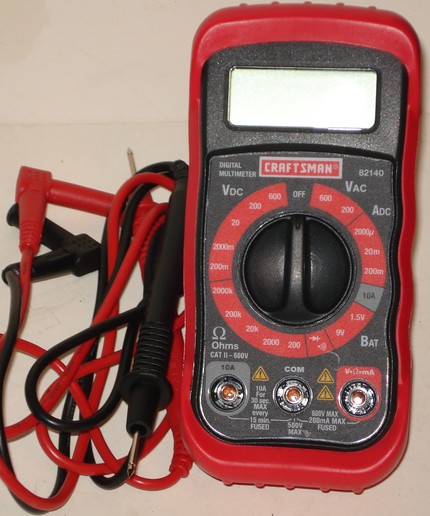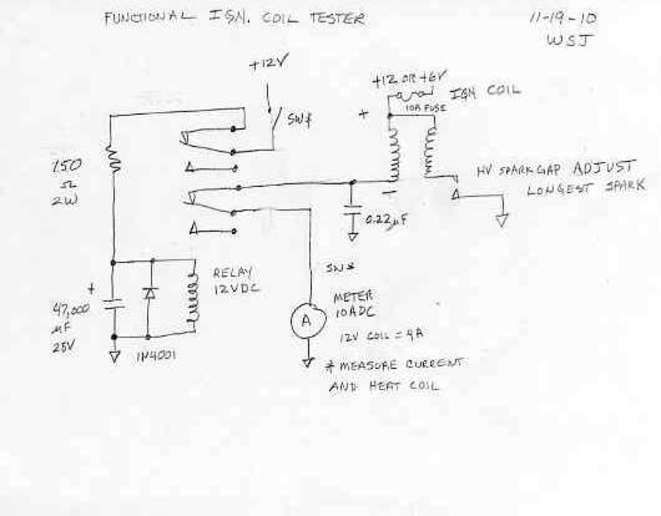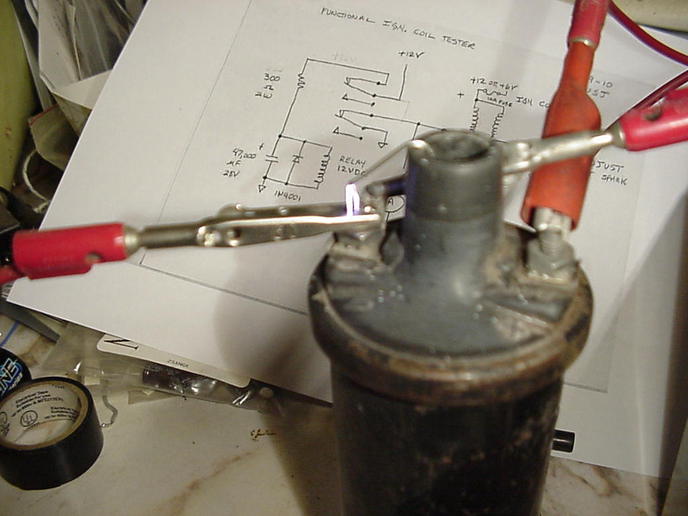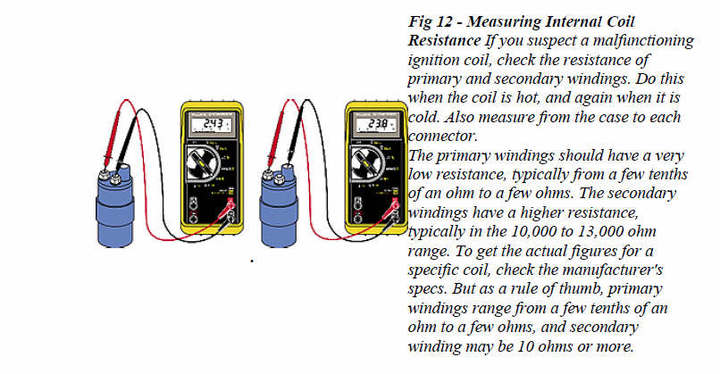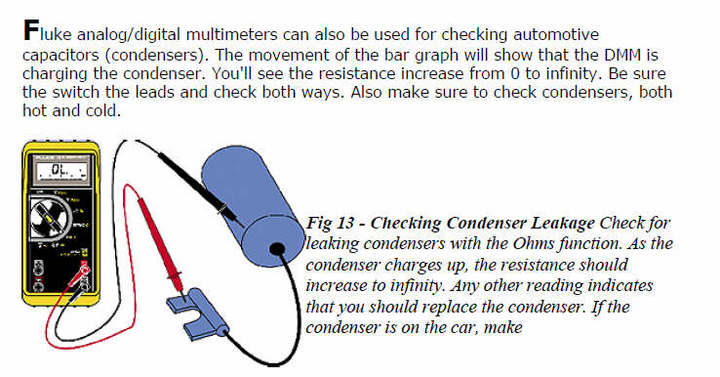Hey guys, does any of you experts out there know how to test an ignition coil (6 or 12 volt)? I would also like to know how to test the condensor that goes inside the distributor as well. I have several Farmall tractors as well as a Cub Cadet Lawn Mower that I am working on.
If there are any special testers/tools required please let me know. If the testing equipment can be home made, I can do that as well. Thanks for all your responses!!!
If there are any special testers/tools required please let me know. If the testing equipment can be home made, I can do that as well. Thanks for all your responses!!!


